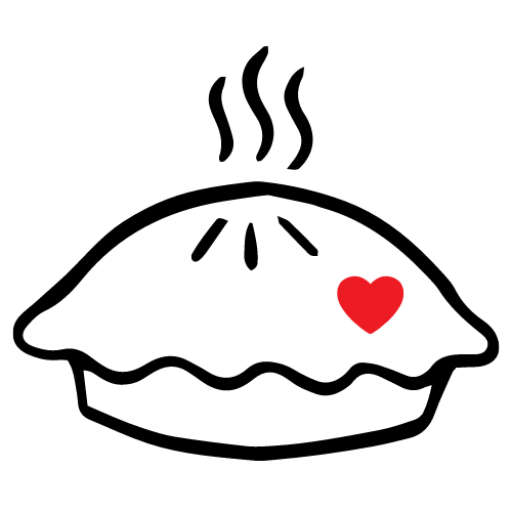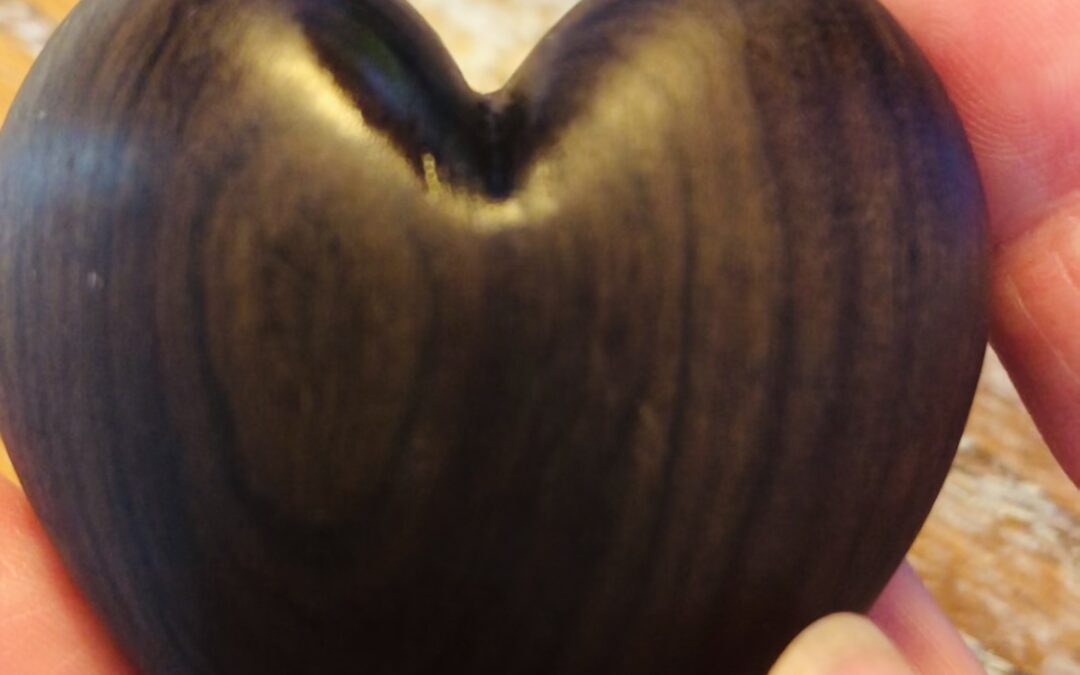The heart surgeon enters the waiting room wearing a white coat over his blue scrubs and clogs. He sits down across from my mom and I. He begins to explain the work he has just completed on my husband’s heart. His hands are delicate, perfectly clean and free of any callouses, scars or stains. The doctor looks a little tired and very young. Too young to be a surgeon at one of the world’s best cardiac care hospitals.
Yet, I have absolute faith in him and the Cleveland Clinic to take care of my husband, my world.
For the previous six hours, Dr. B. has operated a robot that cut into my husband’s broad, strong chest and reached into his heart to fix a broken valve. Mind-boggling. This valve has been sending 40 percent of the blood pumped through my husband’s heart in the wrong direction, making his heart work extra hard.
He is 52. A good, wonderful, gorgeous man. The rock of our family. The love of my life.
He has been brave and has no choice. If not fixed or replaced, this ruptured valve will kill him in some unknown amount of time.
Dr. B. uses some unfamiliar medical terms, but I get the jist. The repair was tricky and took two attempts. The second time Dr. B. takes my husband off the heart and lung bypass machine and tests his heart, he is pleased with how the repaired valve is working.
All good. This is the best possible outcome, the one we hoped and prayed for.
My whole being exhales in relief. Soon, I see my husband in intensive care, whisper in his ear that everything is OK, he did great and I love him. Back at the hotel, I’ll call the hospital just after midnight for a nurse’s reassurance that he is OK, then sleep a little.
“When I feel grateful, I’m going to then pay it either back to you or forward to someone else. It becomes a reinforcing circle of reciprocal relationships.” –
David DeSteno, professor of psychology at Northeastern University whose research focuses on “moral emotions.” Author of “Emotional Success: The Power of Gratitude, Compassion, and Pride.”
Overwhelmed with Gratitude
In the next few days, my husband heals. He gains strength, walks a little more every day. He does not like to be fussed over, nor the center of attention, so I am cautious.
Nor, frankly, is he thrilled to re-visit such a challenging time, so I must be cautious here, too. He did what had to be done and now it’s over. He moved on.
But this piece is not about him.
Rather, it’s about me: How my profound, deep gratitude for his health in spite of this serious, life-threatening problem propelled me to reflect and dig deeper. To open my mind and heart a little more. To give back.
I feel lucky for the family doctor who caught the problem, and the doctors who fixed the problem. That the Cleveland Clinic, ranked best in the nation for cardiac care, was an option for care, and a convenient option since Cleveland is my hometown and less than a five-hour drive away from our home.
This is not the first time I feel lucky. I have never known hunger or homelessness. My mom insisted on a good education and college options for me — and that I did the work, which I loved anyway. My dad never gave up on making things right between us, which is at the root of our Thanksgiving-in-February story.
Too many others are born into hunger, violence and suffering. I struggle with this disconnect between the relative abundance, good fortune and “first-world problems” of our lives and the suffering outside of our bubble.
I want to end violence, hunger and poverty. Banish racism and hatred in all its forms.
No child should suffer. Ever.
My figurative “bleeding heart”? Absolutely.
Oh — and I would rescue every dog and cat from the shelter.
I am not all-powerful (sigh). I am one flawed human. What can I do?
Swimming in Gratitude
During the days my husband heals and rests at Cleveland Clinic, I am euphoric. Overwhelmed and swimming with gratitude. Floating. Giddy and eager to hug anyone and everyone.
But I don’t hug anyone besides my mom who has sat waiting with me all day, because, well, that would be weird and would slow down these efficient nurses. Plus, we’re all still wearing masks all the time due to COVID. No hugging.
On a warm, September Wednesday afternoon, I drive our VW Jetta west from Cleveland Clinic near downtown toward home in rural, central Pennsylvania, tearing up once again because our hearts have been cracked open. It’s an emotional time. I notice the Terminal Tower in our rear-view mirror, a beloved downtown skyscraper and familiar face on the city skyline I have known since my childhood. My husband naps in the passenger seat.
Thank you and yes. What can I do in honor of this man’s health, our good fortune?
As the miles pass, I catch up on podcasts, selecting one on gratitude and listen to an interview with author A.J. Jacobs, whose exploration of gratitude led him to seek out and thank every person he could find who was responsible for his morning cup of coffee.
Everyone.
He started with the barista, and traveled to thank coffee growers in person and even tracked down a woman whose job is to spray the coffee bean warehouse with pesticide to keep bugs and rats out of the coffee beans — because she, after all, had a hand in creating his morning coffee.
Can you just imagine how many people I should be thanking for my husband’s heart valve repair?
The family doctor who heard the murmur. The company that makes the stethoscope and the inventor of the stethoscope.
Three cardiologists. A whole team of people in the operating room from the anesthesiologist to the nurse stationed near his head who told him everything would be OK, they would get him through this.
The company that makes the little ring now in my husband’s heart to support the valve. The teacher that encouraged the surgeon to pursue medicine. The founders of Cleveland Clinic. The innovator who developed the robotic surgery. The maker of the bed linens. The cooks in the hospital’s kitchen. The factory where the hospital Jell-O is made.
What a gigantic list that would be.
Gratitude into Action
Because wanting to help and give is a common response to gratitude, the researchers tell us. Here’s a piece on the science of gratitude and how being thankful makes us happier.
Even before my husband’s surgery, I’ve found this to be true. It’s a message at the core of Thanksgiving in February: Let’s practice gratitude every day of the year. Let’s do what we can to make peace, to heal what needs to be healed inside our outside of ourselves, to love each other.
I believe we’re called to move beyond gratitude into action.
Since I dream in food, and Thanksgiving and pie, the whole experience planted a seed: To dedicate February to the cause of hunger relief. Not just by feeding a big turkey dinner to our family and friends — as we do over President’s Day weekend — but to hopefully inspire people to donate food and money to relieve the suffering of those who do not have enough to eat.
Before COVID, food insecurity in the US was at its lowest in 20 years — and still, 34 million people, including 9 million children, were food insecure, according to FeedingAmerica.org
And that’s just in the US.
Those are heartbreaking numbers, attached to real, suffering people.
When the mission committee at our church asks for ideas, I mention Thanksgiving in February as maybe a fun theme to rally around the cause of hunger relief. Our local homeless shelter reports February is a tough month without a lot of donations.
We were off and running, starting in February, 2022, when the mission group collected food and paper supplies for the shelter and sold soup on Super “Souper” Bowl Sunday to raise money.
This month, the group planned an entire month of activities: A food and paper goods drive, selling soup on Super Bowl Sunday, washing used pill bottles to be recycled to help get medicine into poor countries, and a Thanksgiving in February community meal. Every Sunday, a member of our congregation talk about what they are grateful for.
My turn is this Sunday. The hard part will be sticking to a minute. I’ll focus on thanking this church family, this group that beautifully works together to give and love.
The things I can do on my own are small and not enough. The one-year anniversary of this horrible, awful war in Ukraine is upon us and makes me shudder.
And — I find comfort in doing a little more, thank you for what you already do — and maybe inspire a little more, a new way to help. What we do matters — hopefully with kindness reaching the heart of another.
Gratitude is active.
Maybe your group or club or family would like to raise money or give food at this quiet time of year? I’d be happy to help and brainstorm ideas. Drop me a line.
For more info and an easy way to donate: Presbyterian Hunger Program.


Another great article! So glad that the church is following your idea of Thanksgiving in February!
Thank you Bev. You are kind. That small and mighty group does amazing things. Glad it turned out to be a fun theme for this time of year!